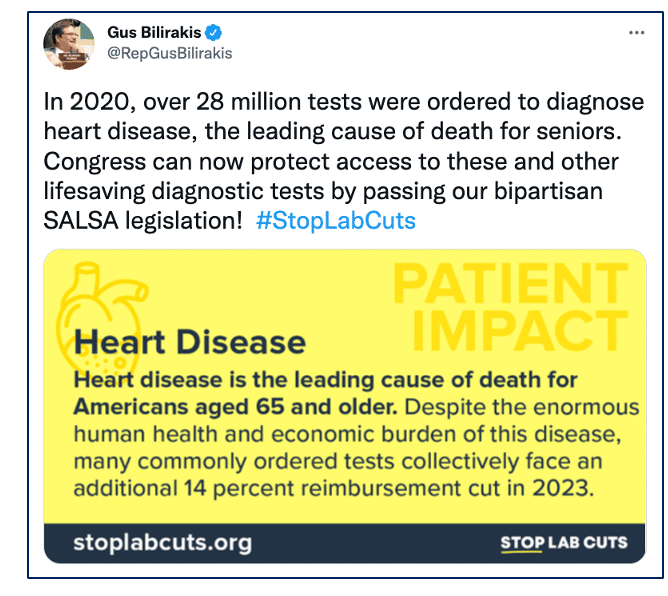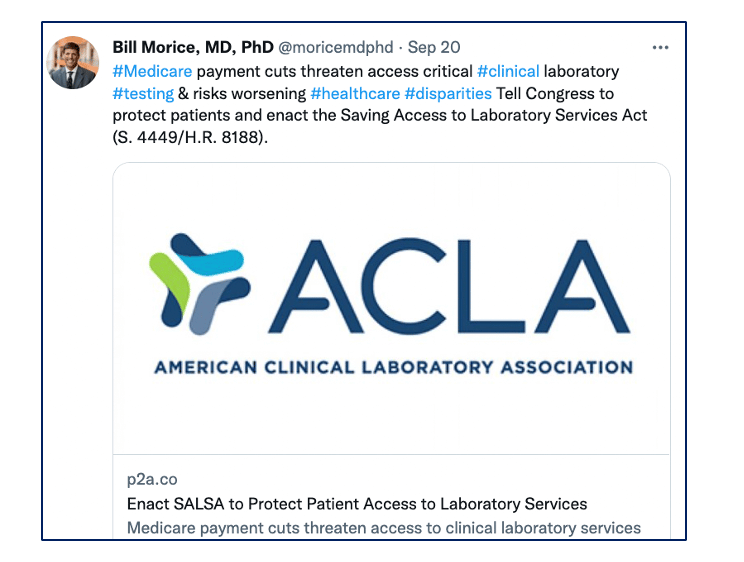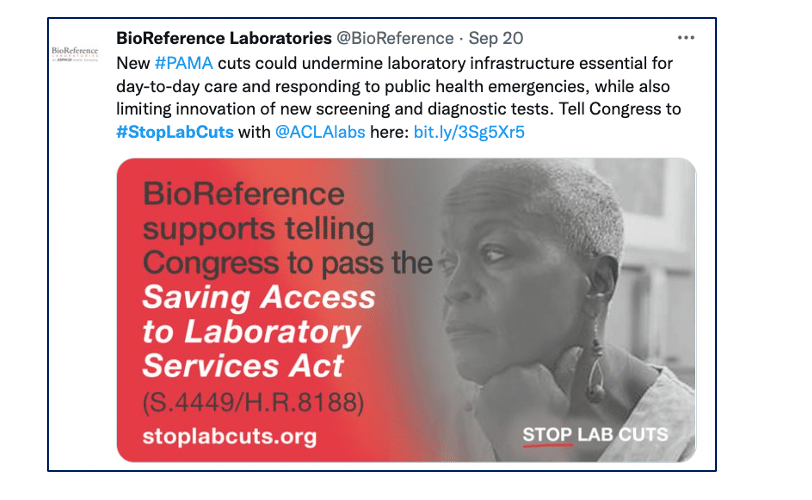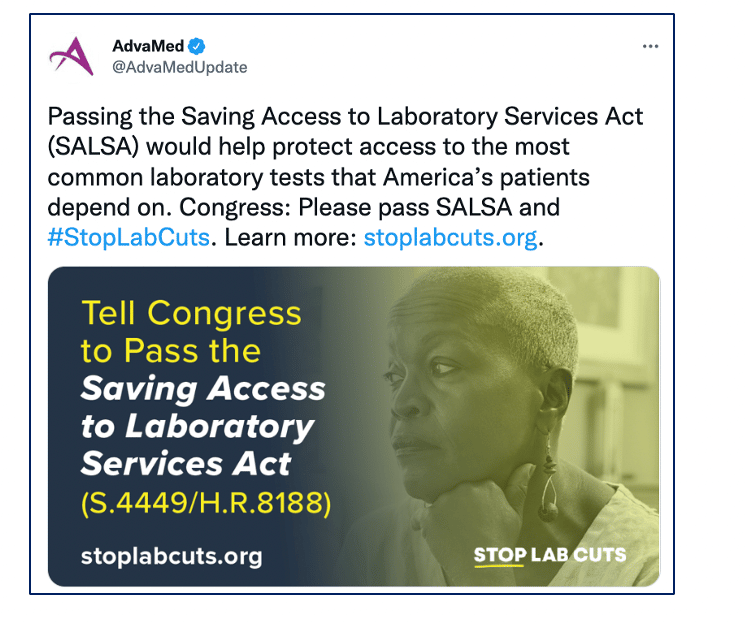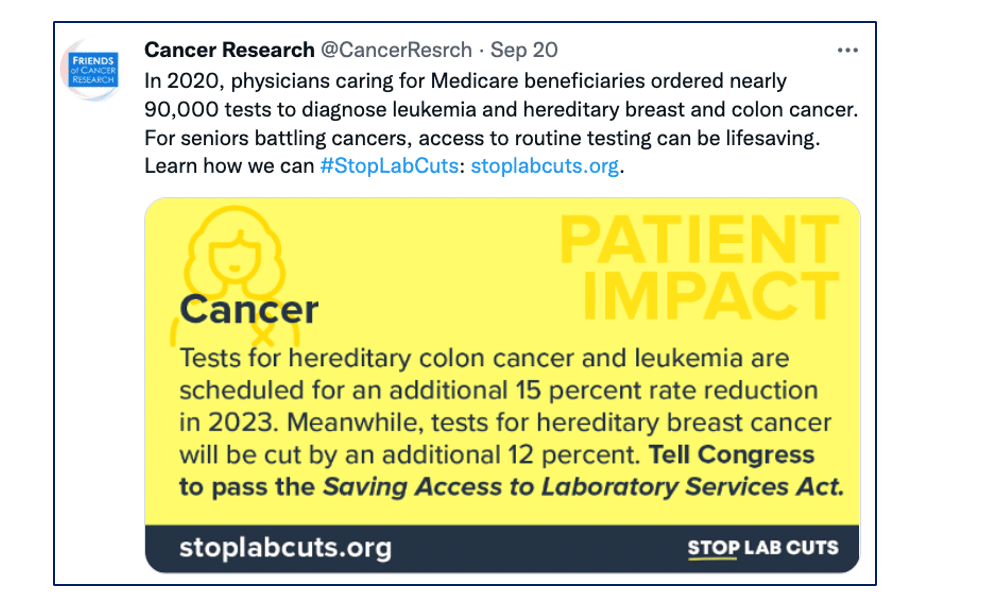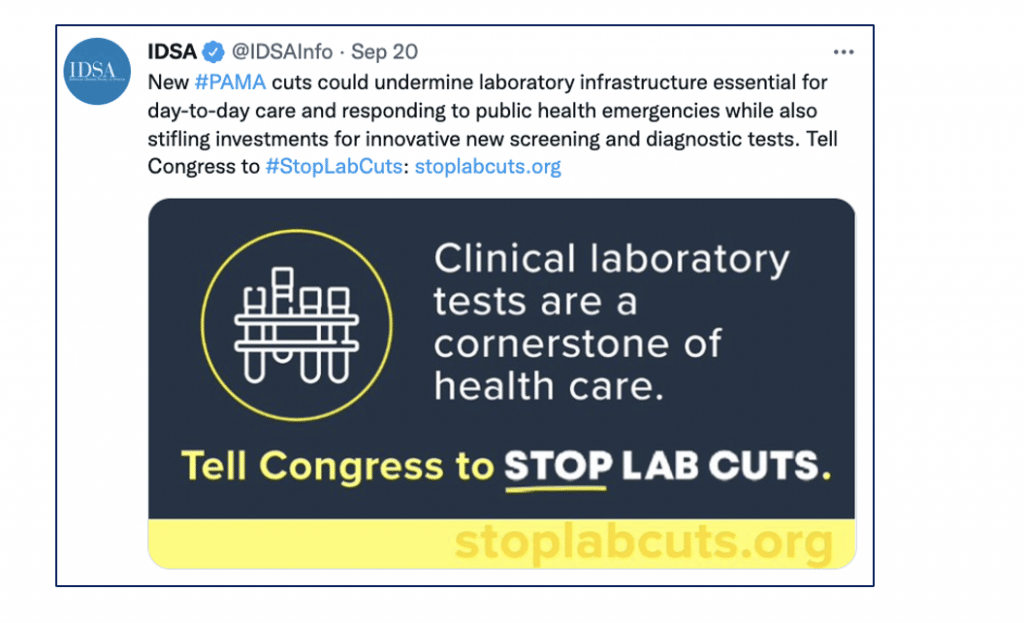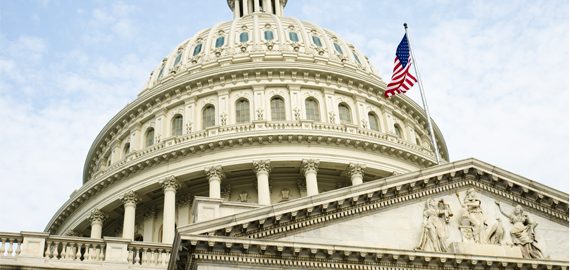Washington D.C. – In response to newly released CDC guidance on prescribing opioids for pain, the American Clinical Laboratory Association (ACLA) released the following statement:
“ACLA commends the CDC for developing evidence-based guidelines on opioid treatment that include recommendations on appropriate utilization of drug testing to assess use of prescribed medications as well as other prescribed and nonprescribed controlled substances. ACLA previously commented on the draft guidelines to recommend the CDC further clarify when and how clinicians should utilize clinical toxicology drug testing to ensure the responsible and effective use of prescribed opioids and other controlled medications and to reference the Clinical Pharmacogenetics Implementation Consortium (CPIC) guidelines for select opioid therapy to ensure that patients receive individualized care.
ACLA supports implementation of the new CDC guideline as testing performed as a part of a well-developed treatment plan for an individual with subacute and chronic pain vastly improves providers’ abilities to characterize risk for adverse events, including overdose, medication diversion, medication adherence, and/or therapeutic failures. The new guidelines also account for the proliferation of new psychoactive substances (e.g., fentanyl analogs, designer benzodiazepines) and illicit counterfeit tablets containing highly potent opioids, which require definitive testing methodologies to allow for specific identification of use of these compounds.
ACLA also supports the guideline’s focus on vigilance in attending to health inequities through a multimodal and multidisciplinary approach to pain management. The comparison of available methodologies for testing included within the guideline will assist clinicians in making appropriate treatment decisions as they seek to provide care to all individuals at risk for adverse events, including those in underserved communities, amid the ongoing opioid epidemic.”
###
The American Clinical Laboratory Association (ACLA) is the national trade association representing leading laboratories that deliver essential diagnostic health information to patients and providers. ACLA members are at the forefront of driving diagnostic innovation to meet the country’s evolving health care needs and provide vital clinical laboratory tests that identify and prevent infectious, acute and chronic disease. ACLA works to advance the next generation of health care delivery through policies that expand access to lifesaving testing services.

